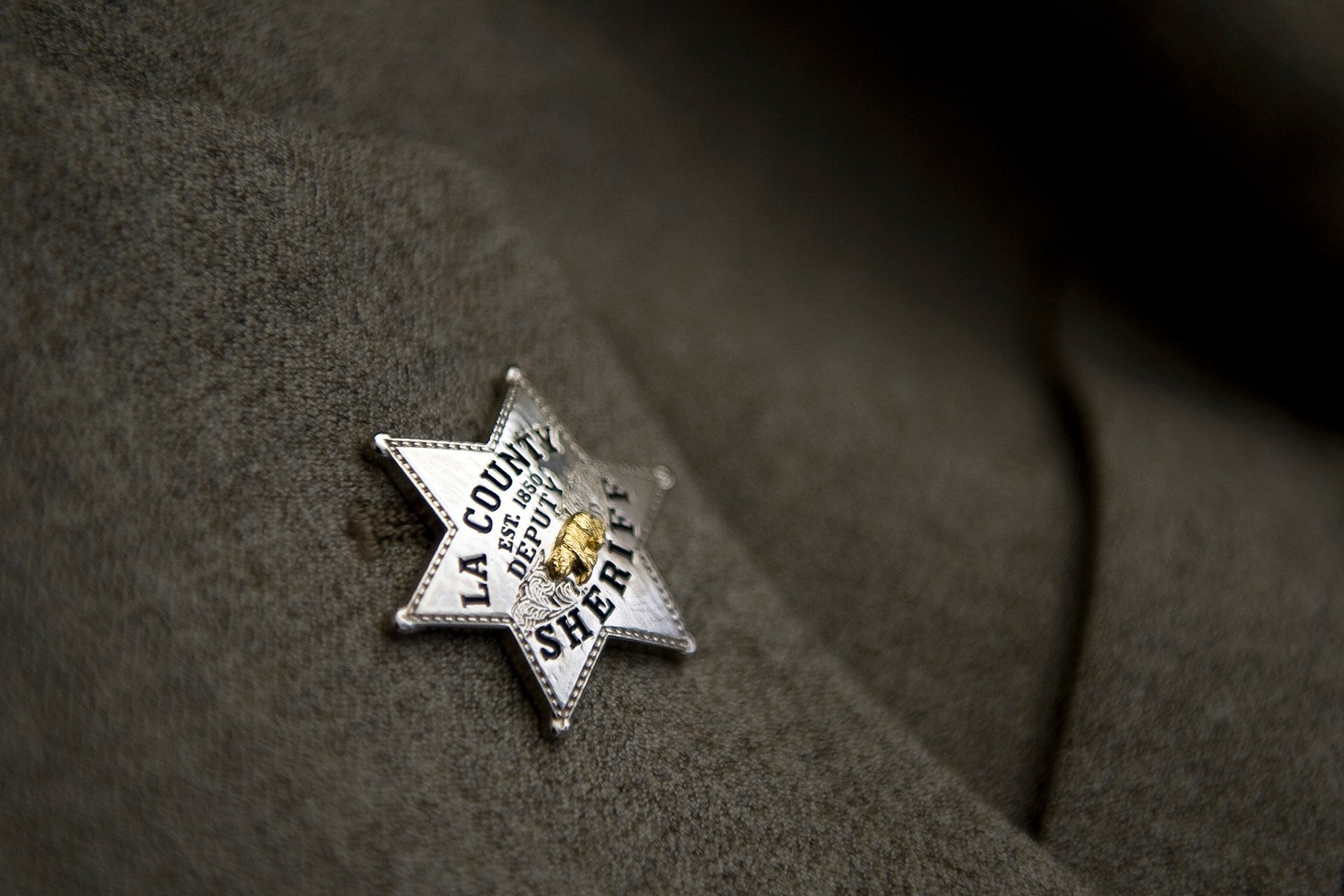Former Starbucks Employee Awarded $25.6 Million in Wrongful Termination Lawsuit
/In recent news, a former Starbucks employee was awarded $25.6 million for wrongful termination claims.
The Case: Phillips v. Starbucks Corp.
The Court: United States District Court, D. New Jersey
The Case No.: 19-19432
The Plaintiff: Phillips v. Starbucks Corp.
The plaintiff in the case, Shannon Phillips, is a former Starbucks regional manager. In her wrongful termination lawsuit, Phillips claims Starbucks fired her because she's white. Phillips filed her California wrongful termination lawsuit in 2019, claiming she was being designated the scapegoat in Starbucks's effort at damage control following an incident caught on video that went viral online. The viral video showed two black men, Rashon Nelson and Donte Robinson, during their arrest at a Philadelphia Starbucks coffee shop. The incident's exposure sparked so much outrage across the country that Starbucks temporarily closed its shops to provide anti-bias training for employees.
The History of the Case: Phillips v. Starbucks Corp.
The case concerns an incident at a Starbucks in the Rittenhouse Square area of Philadelphia in April 2018. Two black men, Rashon Nelson and Donte Robinson, went to Starbucks. According to Nelson, he asked to use the restroom and was told it was for paying customers only. A Starbucks employee approached the two men's table and asked if they wanted to order. According to Robinson, he replied that they were okay and waiting for a business meeting. A manager then called 911, stating that there were "two gentlemen ... refusing to make a purchase or leave." Neither man heard the manager tell them to leave. The incident resulted in an eight-minute video of the arrest as three police officers reported to the scene to question the two men before handcuffing them and leading them out of Starbucks. Nationwide outrage led to protests and a public relations crisis for Starbucks. The chief executive issued a public apology and closed stores nationwide to provide anti-bias training for all 175,000 employees across the U.S.
The Repercussions: Phillips v. Starbucks Corp.
Part of the terms of the settlement Starbucks reached with Nelson and Robinson included a pledge to continue taking actions to address discriminatory incidents. In her complaint, Phillips noted that no corrective action was taken against the manager of the Rittenhouse Starbucks, who is black, and who promoted the store manager who made the 911 call that led to the arrest. A few weeks after the arrest, Phillips was told to suspend a white manager at one of the chain's Philadelphia stores due to accusations of discrimination. Phillips fought the allegations because she claimed the allegations were "factually untrue." According to Phillips, she was fired shortly after objecting to the white manager's suspension.
The Defendant: Phillips v. Starbucks Corp.
In the complaint, Phillips states that her race was a "motivating and/or determinative factor" in her termination. Still, the defendant in the case, Starbucks Corp., denies firing Phillips because of her race.
The Case: Phillips v. Starbucks Corp.
After six days at trial, a federal jury in New Jersey unanimously agreed to award Phillips $25 million in punitive damages and $600,000 in compensatory damages. Phillips is also seeking damages for back and future pay.
If you have questions about how to file a wrongful termination lawsuit, please get in touch with Blumenthal Nordrehaug Bhowmik DeBlouw LLP. Experienced employment law attorneys are ready to assist you in various law firm offices in San Diego, San Francisco, Sacramento, Los Angeles, Riverside, and Chicago.










